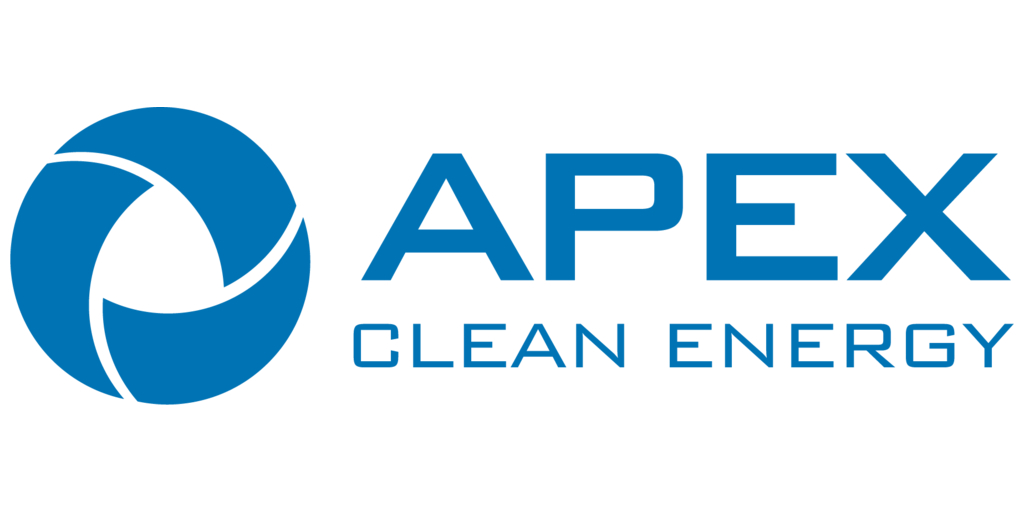Trans Mountain previously said startup would happen in the second quarter.
WHY IT’S IMPORTANT
Canada is the fourth-largest oil producer but output has been capped by full pipelines. Expanding Trans Mountain will increase shipments from the British Columbia (B.C.) coast to Asia and the U.S. West Coast.
KEY QUOTE
May 1 is ambitious considering Trans Mountain needs to complete line fill and receive regulatory approvals, said Dylan White, North American crude analyst for Wood Mackenzie, adding that late May or early June is more realistic.
“Pretty well everyone with whom I’ve spoken regarding start-up was anticipating June 1,” said Commodity Context analyst Rory Johnston on X.
“It takes away the (price) volatility we’ve seen in the recent past because of egress capacity being tight,” said Eight Capital analyst Phil Skolnick.
CONTEXT
Trans Mountain ran into numerous problems during construction, most recently installing pipe in hard rock in B.C.
The expansion will nearly triple the flow of crude from Alberta to Canada’s Pacific Coast to 890,000 barrels per day.
Volumes will increase gradually. The pipeline will be highly utilized as early as next year and run full in 2025-26, Trans Mountain said in March.
MARKET REACTION
Western Canada Select (WCS) oil initially traded little changed from the previous day, a market participant said.
Skolnick expects the WCS discount to West Texas Intermediate to drop this quarter to single digits, from about $12 per barrel currently, as the expanded system starts.
WHAT’S NEXT
The expanded pipeline raises competition with Enbridge’s Mainline and TC Energy’s Keystone pipeline, which take Canadian crude to U.S. refineries.
Enbridge expects Trans Mountain’s impact on its volumes to be modest.
(Reporting by Rod Nickel in Winnipeg, Manitoba Editing by Matthew Lewis)
Share This:




